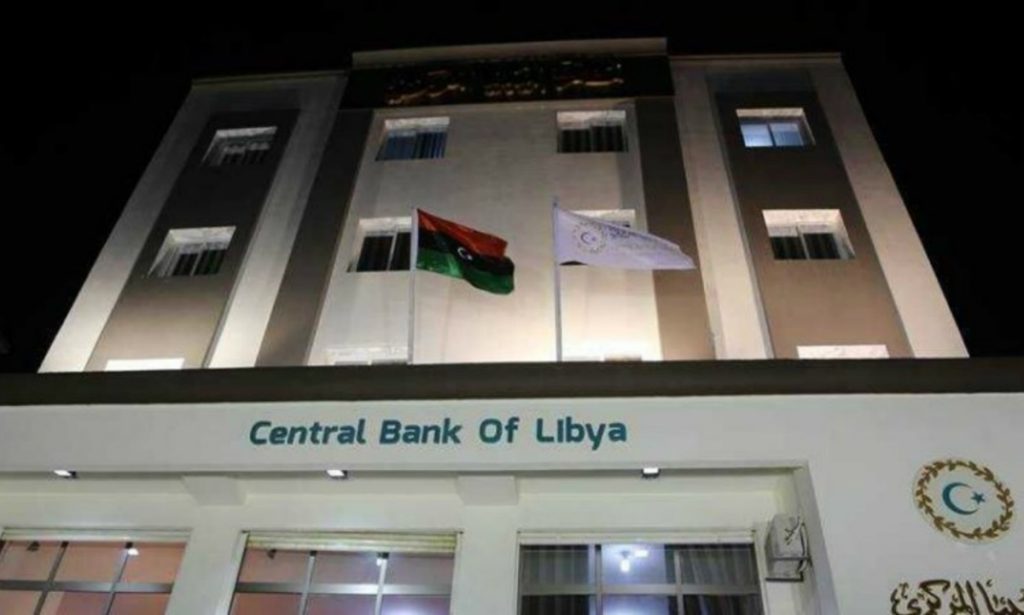Libya’s two warring regions’ legislative bodies agreed on Tuesday to jointly appoint a central bank governor, potentially easing a struggle to control the country’s oil revenue that has significantly reduced production.
After two days of talks facilitated by the U.N. Support Mission in Libya, the House of Representatives in Benghazi, representing the east, and the High State Council in Tripoli in the west, signed a joint statement. They agreed to nominate a Central Bank Governor and board of directors within 30 days.
The Central Bank of Libya is the only legal custodian of Libyan oil revenue and is responsible for paying state salaries nationwide.
The eastern and western factions also agreed to prolong consultations for five days, ending September 9.

The conflict started last month when Western factions, whose governing bodies have international recognition, sought to remove longstanding Central Bank Governor Sadiq al-Kabir and replace him with a rival board.
This move led eastern factions to halt all oil production, threatening the end of four years of relative stability.
Following the resumption of some oil output, oil prices fell by nearly 5% on Tuesday to their lowest levels in almost nine months, indicating that traders anticipate increased oil flow with the latest agreement.
The battle for control has paralysed Libya’s central bank, rendering it unable to carry out transactions for over a week. This underlines the country’s fragmented political landscape, characterised by rival governing institutions with uncertain claims to legitimacy.


